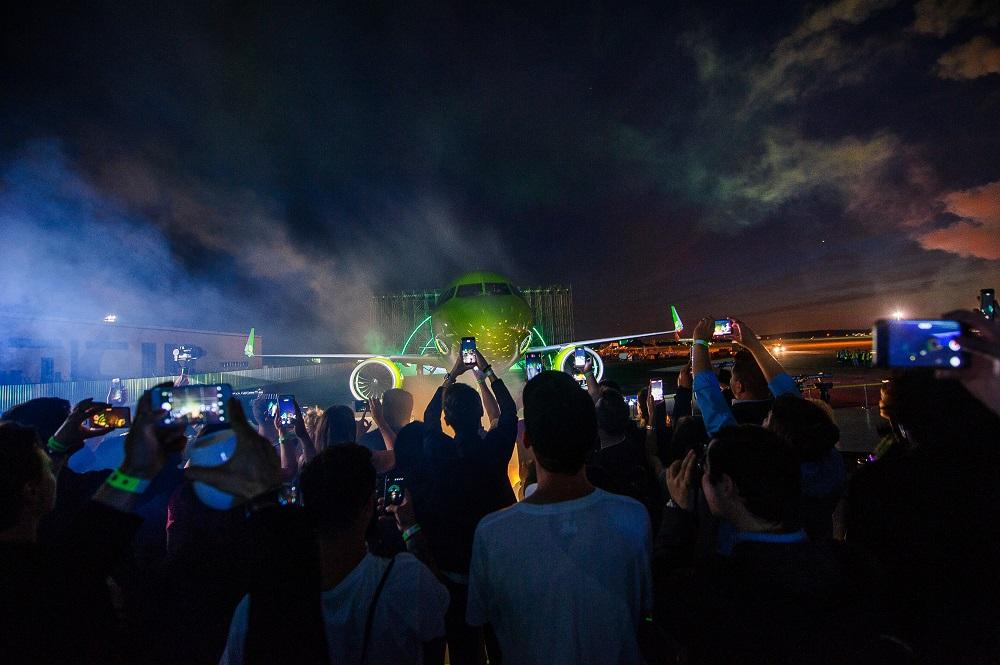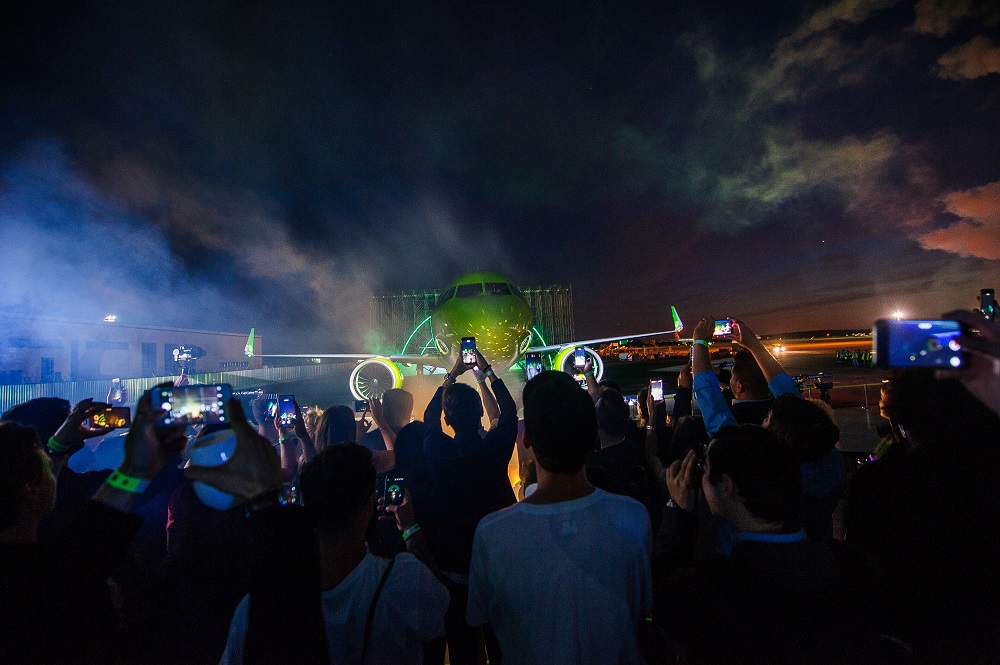We continue to do events, but these are completely different events.
People keep doing activities. With an incredible amount of communication, people keep doing activities. This is surprising, but certainly a fact. Gradually, the role of events has changed, and we still continue to pretend that everything is as before.
Community marketing
In 2008, Seth Godin’s book, Tribes: We Want You to Take Us, was released. The main thesis of the book: people tend to unite into tribes, tribes. To do this, they need common values and a communication channel. When communication channels became publicly available (social networks, messengers), the formation of tribes or communities became a global trend. The role of communities has also grown due to the growing influence of personal recommendations. A radical increase in the number of advertising messages has led us to become more likely to trust the recommendations of our friends and experts, and less to advertising. At the center of this funnel of recommendations are experts, brand fans. The next, more massive stage is a community whose values are the same as the values of the brand. There is a third factor. As it turned out, millennials, for which online is not an additional, but the main, basic dimension, also tend to participate in events if these are the “right” events. The main criterion: participants must be selected very correctly. If someone gathers people of their circle for them, they will vote for this event with their feet and money. Better than others, the sporting brands adored the millennials for community building. You can quote the words from the joint video Oxxxymiron and Reebok: “Not everyone builds an empire. It is important to build an empire, but yours. Otherwise, the Empire will be built for you. Who?". Sports brands have been very successful in building their empires. It is in working with communities that events are fully disclosed. The main limitation of events is the price of contact. In the case of working with a group of brand fans, with the core of society, events are perfect. Maximum emotional involvement of people who shape the tastes of a wide audience.
What's next?
For example, niche marketing. Highlight narrow niches, narrow segments in the brand community. And work with each separately. Naturally, events are part of a lot of work with the community, its emotional culmination. To do an event outside this context, without knowledge of audience insights, without a deep understanding of the life of this audience, is simply pointless. And exploring this audience requires an incredible investment of time and resources. Hence the “what's next” for agencies: the emergence of niche companies that deeply know several key audiences for themselves. It is probably possible to know both the audience of sports brands and premium alcohol, but certainly not easy.
Events = Content Generator
We call them to ourselves - "events that were not there." The priority audience for these events is people who are not a priori present at it. These are people who will interact only with content created at the event. One of the key communication problems of recent times is the lack of content. There are many carriers, but almost no good content. Changes in technology are happening quickly, but in the mind - are late. Very often an event in its format is already a content generator, but the organizers are struggling to increase the audience. As a result, they save on what should have become the main purpose of the project - the creation and promotion of content after the event. The size of the budget for the organization and for the creation / promotion of content will gradually be aligned. There are a lot of players in this field. The brand that seems to me the most successful in implementing this strategy is Red Bull. An incredible number of events around the world, the meaning of each of which is one: content.
What's next?
This implies a major change in the competencies of event organizers. It is necessary to plan not only logistics, but also content and communication channels. Logistics has become a commodity. But the bridge between logistics and content is the profession of the future. The profession is changing. Faster than we have time to understand.
Alexey Berlov / Partner Eventum Premo


